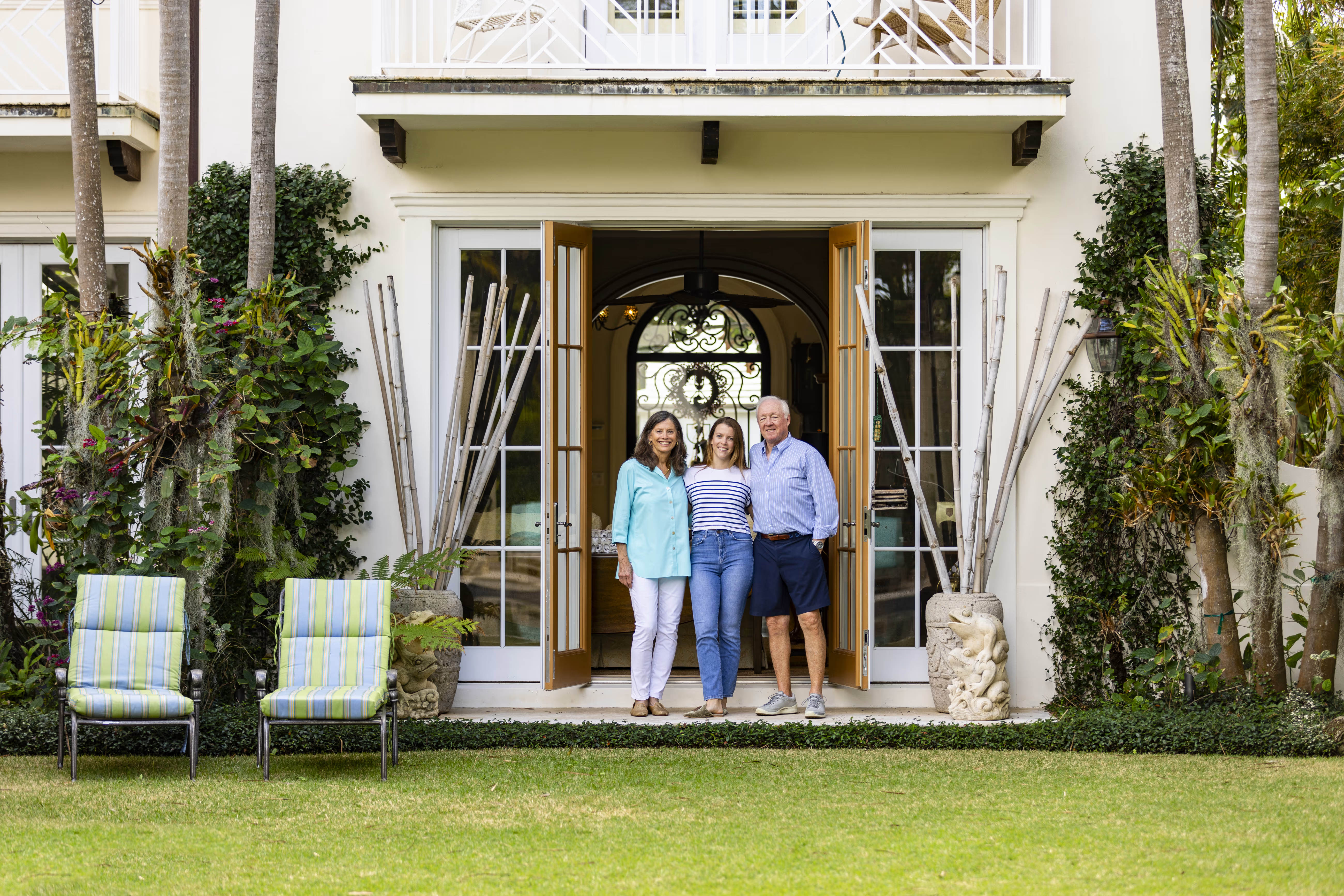search for solutions by category, industries, insights, and people.


A husband and wife in their late 60s had built a life rich in memories and real estate. With three cherished homes (a primary residence in Florida and two summer residences) valued collectively at $16 million, they wanted these properties to remain in the family for future generations.
The couple’s goal was twofold: preserve the financial value of the homes and reduce the tax burden for their four adult children and grandchildren. However, rising property values and complex estate laws made it clear they needed a thoughtful, long-term strategy.
A Qualified Personal Residence Trust (QPRT) is an estate planning tool that allows individuals to transfer a residence to their heirs at a reduced gift tax cost while continuing to live in the home for a set number of years. In this case, Elliott Davis worked closely with the couple’s legal team to execute three separate QPRTs:
Florida Home (Primary Residence)
With a $5 million appraisal and a favorable IRS §7520 rate, this strategy took advantage of the wife’s age and a longer trust term to significantly reduce the taxable gift. The projected value of the home after several years is expected to grow substantially, resulting in considerable estate tax savings. However, as with all QPRTs, if the grantor does not outlive the trust term, the residence reverts to the estate and is included for estate tax purposes.
Northern Estate & Summer Home
The most valuable property, worth around $9 million, was also placed in a QPRT, yielding a notable reduction in the taxable gift and projected to appreciate significantly over time. A more conservative approach was applied to a smaller summer home using a shorter QPRT term, still achieving valuable estate tax savings. As with the Florida property, if the grantor passes away during the trust term, the property is pulled back into the estate and the intended tax benefits are not realized.
If the couple outlives the QPRT terms, their family could save over $7 million in estate taxes. Additionally, future appreciation, estimated at over $9 million, will occur outside of their taxable estate. Once the QPRT terms end, ownership of the homes transfers to their heirs. Should the couple wish to remain in one or more of the homes, they’ll pay fair market rent to their heirs, further reducing their taxable estate while preserving family use of the properties.
Throughout the process, the couple worked closely with our team and their attorneys to understand the legal and financial implications of each decision. From drafting trust documents to answering questions about maintenance and valuation changes, we provided guidance and support every step of the way.
Thinking About a QPRT?
If you’re considering a Qualified Personal Residence Trust, we can help you evaluate your options and connect you with the right legal and financial advisors. Let’s start the conversation and build a plan that protects your legacy for generations to come.
The information provided in this communication is of a general nature and should not be considered professional advice. You should not act upon the information provided without obtaining specific professional advice. The information above is subject to change.